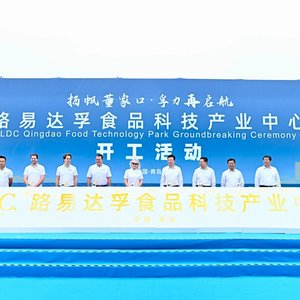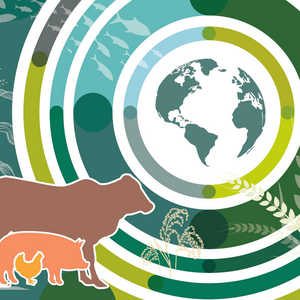EU project fishes for pharmaceutical resources in the sea
Companies worldwide are working to identify and exploit various natural sources of compounds that could prove effective in drugs and other products. Joining this effort is an EU-funded team of scientists that is hunting for biologically active substances in marine organisms that could be suitable for use as a basis for pharmaceutical goods.
The MAREX ('Exploring marine resources for bioactive compounds: from discovery to sustainable production and industrial applications') project has received EUR 6 million under the 'Food, agriculture and fisheries, and biotechnology' (KBBE) Theme of the EU's Seventh Framework Programme (FP7) to collect, isolate and classify marine organisms, including sea anemones, tunicates and micro and macroalgae, from the Mediterranean, Baltic and Arabian Seas as well as the Atlantic, Pacific and Indian Oceans.
Coordinated by the University of Helsinki in Finland, the MAREX partners are putting chemically-modified compounds isolated from marine organisms under the microscope to ensure suitable medical use.
The MAREX team says that while the process is complex, extensive and careful planning is key and will offer good opportunities for 'interesting active compounds for the development of pharmaceuticals' against a number of disorders like cancer.
First on the list of things to do is the collection of samples; the 19-strong consortium says this process does not harm the ecosystems of the oceans and seas. While existing sample collections are also being used, the partners are focusing their efforts on materials that have never before been tested.
'Right from the start, we will consider whether an algae or other raw material from the sea may be utilised on an industrial scale,' explains Dr Päivi Tammela, a researcher from the Faculty of Pharmacy at the University of Helsinki.
For their part, the University's Professor Jari Yli-Kauhaluoma and Dr Paula Kiuru point out that the compounds collected from marine organisms usually have a very complex chemical structure. The partners are aiming to identify the most fundamental structural parts of the 'most interesting compounds'. Once the information is obtained, the team will be able to simplify the structure of a complex compound without altering the biological activity.
Researchers and industry players from Belgium, Chile, Finland, France, India, Italy, Lebanon, Poland, Slovenia, Spain, Sweden, Turkey and the UK are making key contributions to this project.
Besides targeting industrial product development, MAREX's results will help foster the growth and productivity of marine biotechnology in Europe. The partners will work at raising awareness of the sourcing of marine biotechnology products and of marine biodiversity and potential.
Kicked off in August 2010 and scheduled to end in July 2014, the MAREX partners will ultimately help European industries boost their product portfolios in various applications including the pharmaceutical, nutraceutical, cosmetic, agrochemical and food processing sectors.
More informationt:
University of Helsinki l FP7 Food, agriculture and fisheries, and biotechnology (KBBE)










